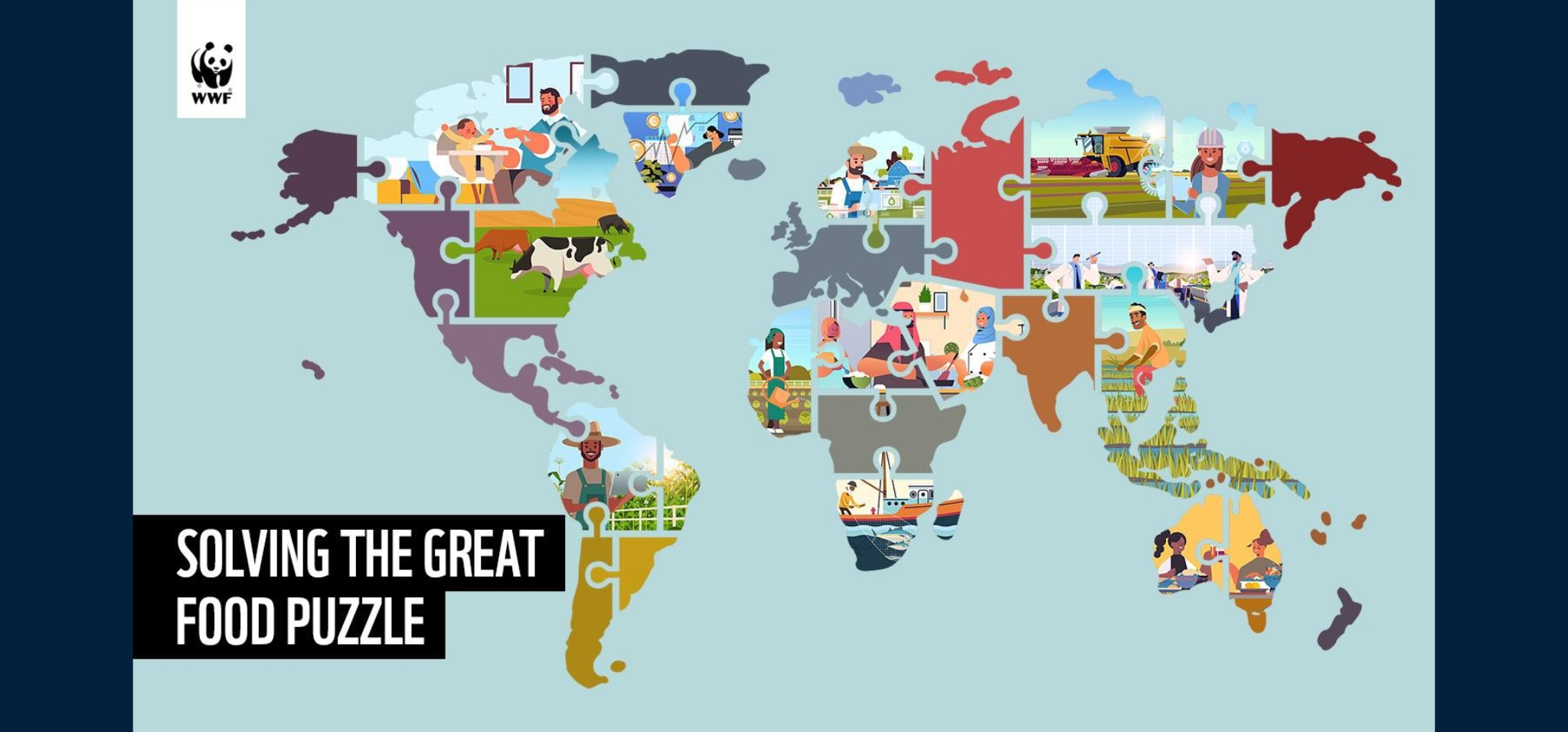
Significant transformations are needed throughout the global food system to meet climate, biodiversity and health objectives. There is substantial evidence of the global need for such food system transformations but much less attention has been paid to how transformations towards more healthy and sustainable food systems might play out at the national level.
Global targets and goals are necessary to provide a roadmap for change and draw attention to the urgent need for food system transformation, but global-level analyses can mask important differences between national-level food systems and the challenges and opportunities for transformation in each country. Given this, a better understanding is needed of how food system transformations may differ between countries, where commonalities lie and where a ‘one size fits all’ approach will not be effective.
This report adds to a critical conversation around how food system transformations may vary at the country level by putting the spotlight on four countries (Brazil, Colombia, Kenya, UAE) as illustrative examples, to demonstrate the myriad ways in which food system transformations might be similar or vary between countries.
The report calls on policymakers to:
-
Feature food system transformation prominently in national climate, biodiversity and health plans. This includes embracing a food systems approach that incorporates all parts of the food system in Nationally Determined Contributions (NDC), National Adaptation Plans (NAPs), National Biodiversity Strategy and Action Plans (NBSAPs) and any other relevant national climate and biodiversity policies.
-
Develop country-specific roadmaps to inform the design and implementation of effective policies and initiatives. These roadmaps can be informed by the key levers outlined in this study and others, and build upon the existing work done by the FABLE consortium, UNFSS Food Systems Dialogues and UNFSS Coalitions of Action.
-
Mobilize and coordinate expertise and stakeholders to align action on food systems at the country-level, which to date is often siloed and fragmented. This aligned action should also seek to facilitate peer-to-peer learning within and between countries that share similar food system types.